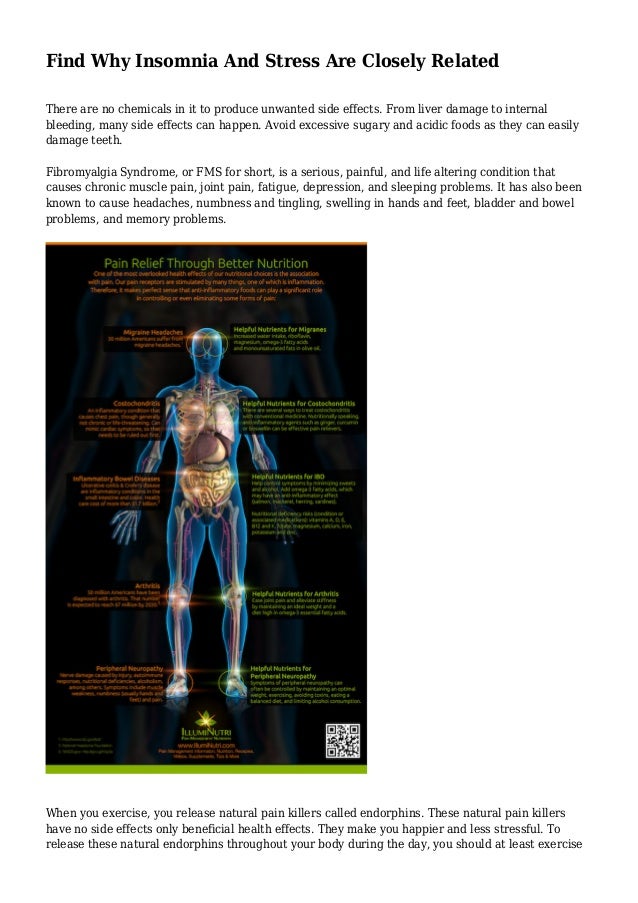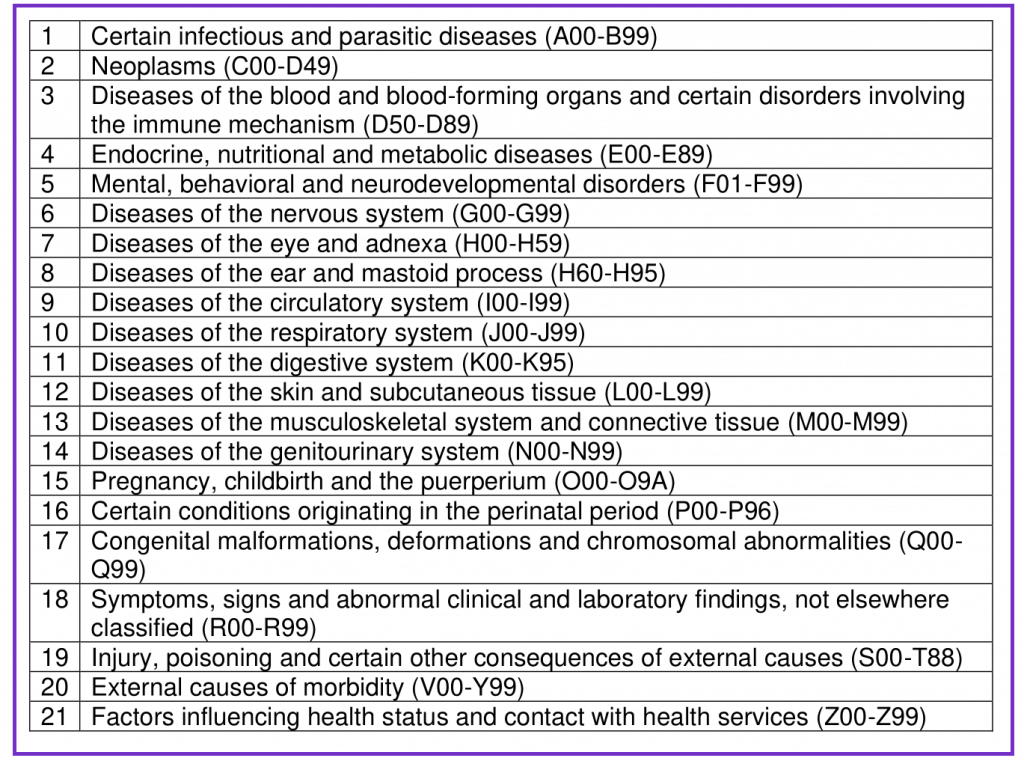


Current literature suggests that insomnia cannot be considered merely as a symptom of psychiatric disorders. Earlier we used to differentiate between primary and secondary insomnia, however, the recent research has challenged this belief. Our understanding regarding insomnia has changed over the years. If it persists for at least 1 month but less than 3 months, it is considered as episodic if it persists for at least 3 months, it is considered as persistent insomnia. It should be associated with significant distress in the personal, social or occupational life. This problem should occur despite adequate opportunities to fall asleep and must occur at least 3 nights a week.

It should be associated with significant distress and persistent preoccupation with the deficiency of sleep.ĭSM-5 defines insomnia as a condition where a problem has been reported in initiating, maintaining the sleep or there is an early morning awakening. ICD-10 defines insomnia as a condition where there is a problem in initiating the sleep, staying asleep or waking up early in the morning at least for 3 nights/week for at least 1 month. However, few points must be kept in mind while you consider these guidelines for your practice:
TRAVEL RELATED INSOMNIA ICD 10 UPDATE
Secondly, daytime manifestations of a number of sleep disorders e.g., insomnia, hypersomnia, restless legs syndrome, sleep apnea mimic that of Psychiatric disorders e.g., depression, fibromyalgia, chronic fatigue syndrome and somatoform disorders.Ĭonsidering the recent evidences and changes in the management of sleep disorders, Indian Psychiatric Society has decided to update the existing guidelines. Both these conditions may worsen the quality of the sleep. Similarly, opioid users suffer from central sleep apnea and during withdrawal many of them develop RLS. Antipsychotics may cause weight gain and thus they may lead to obstructive sleep apnea in a number of patients.

Similarly, antidepressants are known to induce a number of sleep disorders including NREM parasomnias (sleep talking, sleep walking) as well as REM parasomnias (REM sleep behavior disorder) and restless legs syndrome. In addition, we now have evidence that link the depression, bipolar disorder and schizophrenia with the disordered circadian rhythms and many of these patients show delayed sleep wake phase cycle. Insomnia is a common complaint with a number of Psychiatric disorders e.g., depression, anxiety, and withdrawal from the substances that depress cerebral functioning. They may be related directly to the pathophysiology of psychiatric illness, or may be the consequence of the treatment modalities offered. First, some of the sleep disorders are common in Psychiatric patients. Knowledge of sleep disorders is essential for psychiatrists for two reasons. Sleep problems have been investigated among Indian children more frequently through variety of approaches, most common through the questionnaire based screening in school-based cohorts. Among all, we have population data for two disorders from Indian adult population- one is Obstructive Sleep Apnea (OSA) and second is Restless Legs Syndrome (RLS).


 0 kommentar(er)
0 kommentar(er)
